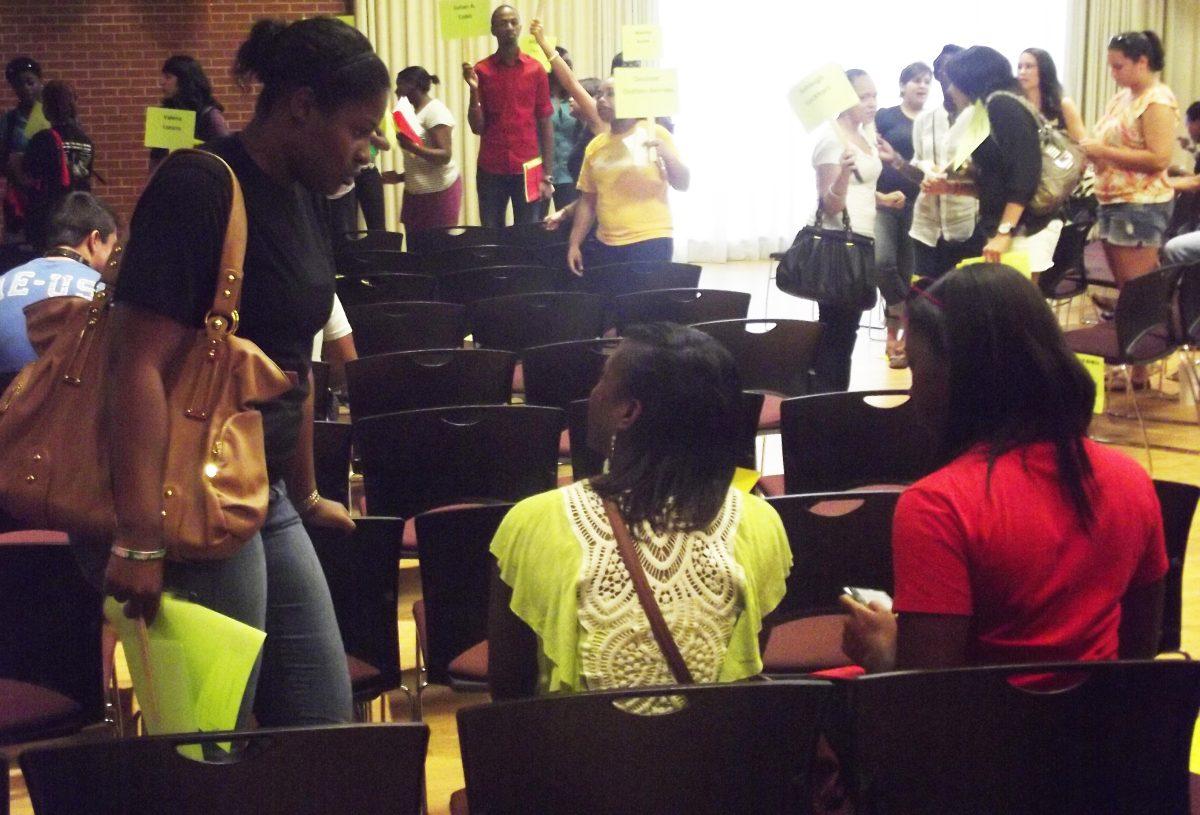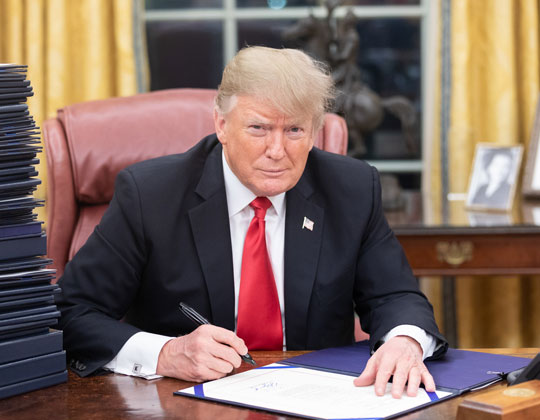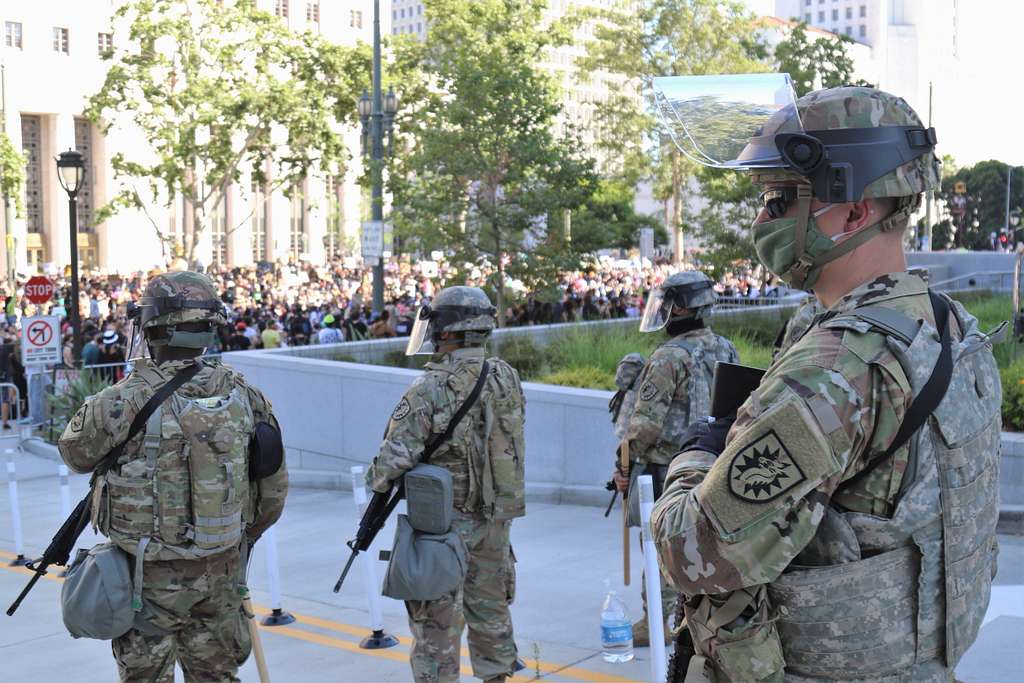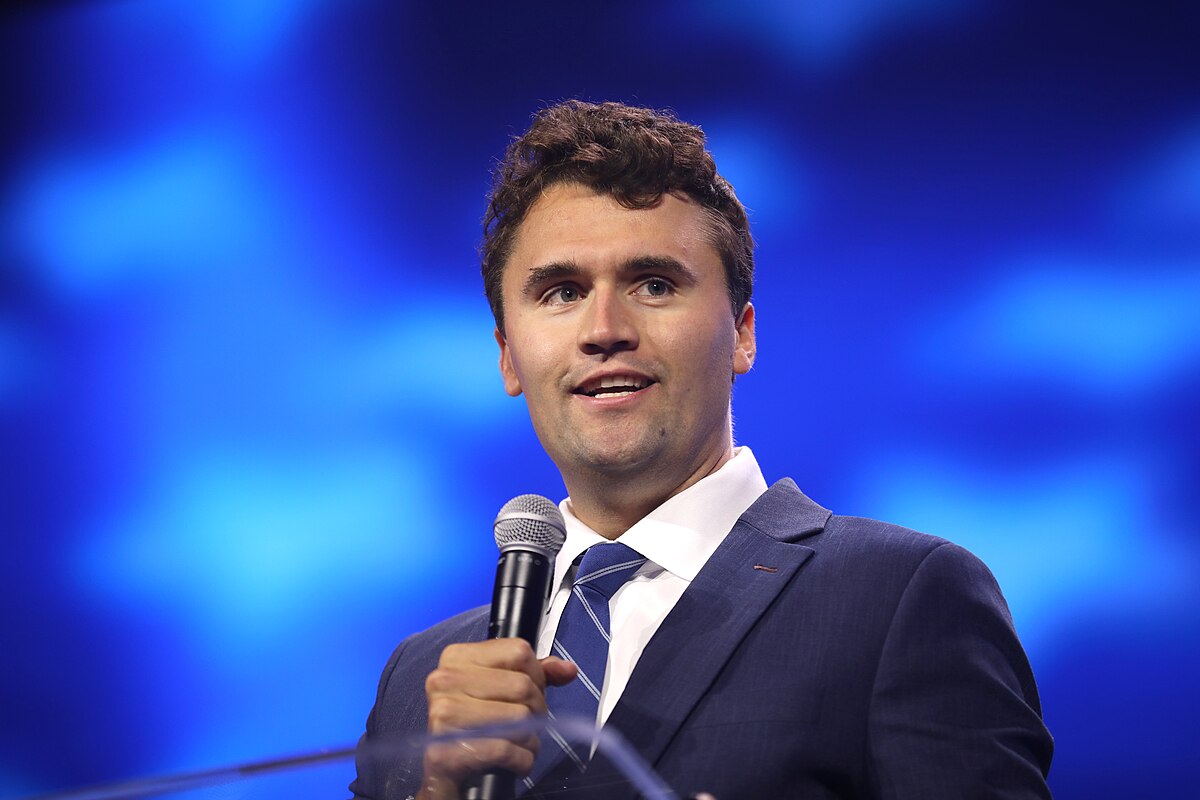CJ Guion | Editor – In- Chief
This year marks the 30th anniversary of the Peer Mentor Program on campus. It was the brainchild of Thomas Conway and Elwood Becton. The program started in 1980 as a formal mentor program in which African American students were paired with faculty and staff who made contact with and provided assistance for students.
During a campus telephone survey in 1981, students made it clear that they preferred an upper-class mentor as opposed to a faculty and staff member. This led the Peer Mentor Program into a brief evaluation and review period. Elwood Becton, Thomas Conway, Augustus Witherspoon, Lawrence Clark, and a host of others were instrumental in the planning and advisory process.
In the fall of 1982, the concept of the peer mentor program shifted to “students helping students” and never looked back.
The primary objective of the program is contributing to the advancement of first year students by aiding in their academic, social, and emotional adjustments to college.
Felicia Broussard, the Director of Multicultural Student Affairs, said that the goal of the Peer Mentor Program is to increase retention rates of African American, Native American, and Hispanic Students.
“The whole idea of the program is to match a freshman with an upperclassmen who has already made the transition from high school to college. It’s nice to have a big brother or sister who can give freshmen guidance from a student’s perspective. They become a friend and a guaranteed support system. When students get to NC State, they at least know they have at least one person that they can count on. If students are successful in their first year, they have a better chance of being successful,” Broussard said.
Since its inception, the Peer Mentor program has undergone many changes. Multicultural Student Affairs has introduced supplement initiatives for the program to improve the mentoring experience and increase the success rates of minority groups on campus such as a counseling graded course for mentors, a fall convocation, and a spring Freshman Honors convocation (which recognizes first year students of color who have achieved a GPA of 3.0 or higher).
According to Felicia Broussard, the graduation rate of students who become peer mentors is 93%. She also said that the Peer Mentor Program is an “intentional system of success.” “It starts with Symposium, leads to the Peer Mentor Program, and ends in graduation.”
Aaron Wise, a junior in Business Administration serves as a peer mentor and believes that it is a very important program for first year students. “A lot of minority students who come to NC State came from schools where they were the majority and adjusting to a school such as this where they are no longer the majority can be hard. Having a big brother there for you can be very helpful. I decided to become a mentor after my experience with the African American Symposium where I learned a lot of new things, and I knew from that moment on that I wanted to find a way to give back.”
Wise also said that it was good to have “someone that looks like you and can relate to you in ways that others may not be able to.”
Teyara Hudson, a Freshman in the First Year College believes that so far the Peer Mentor Program has been a good experience. “As a freshman, you don’t know the ins and outs of college and it’s great to have someone to talk to.”
Today, the peer mentor program continues to tackle the task of “fostering the advancement of students of color” here on campus. The program continues to serve African American students and now includes Native American and Hispanic students.








